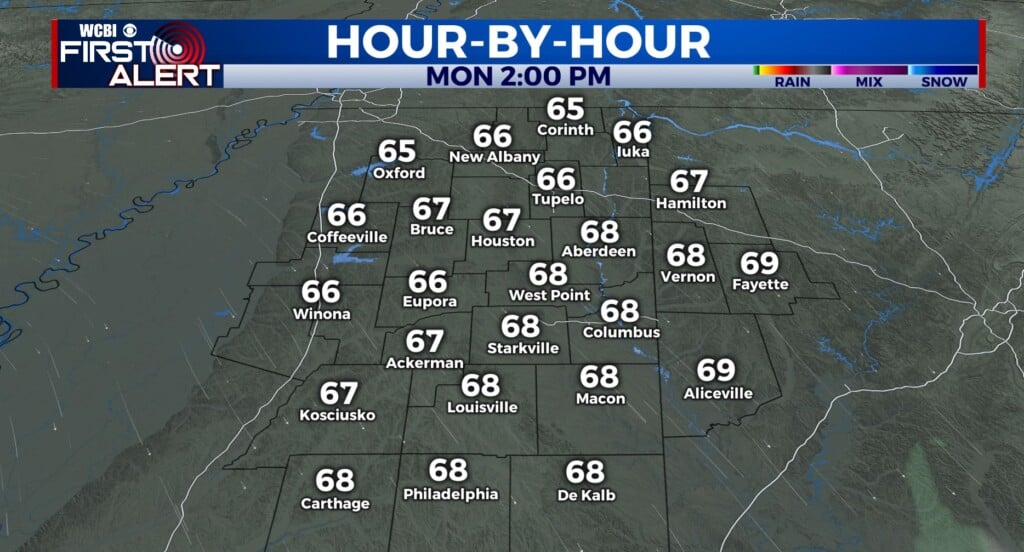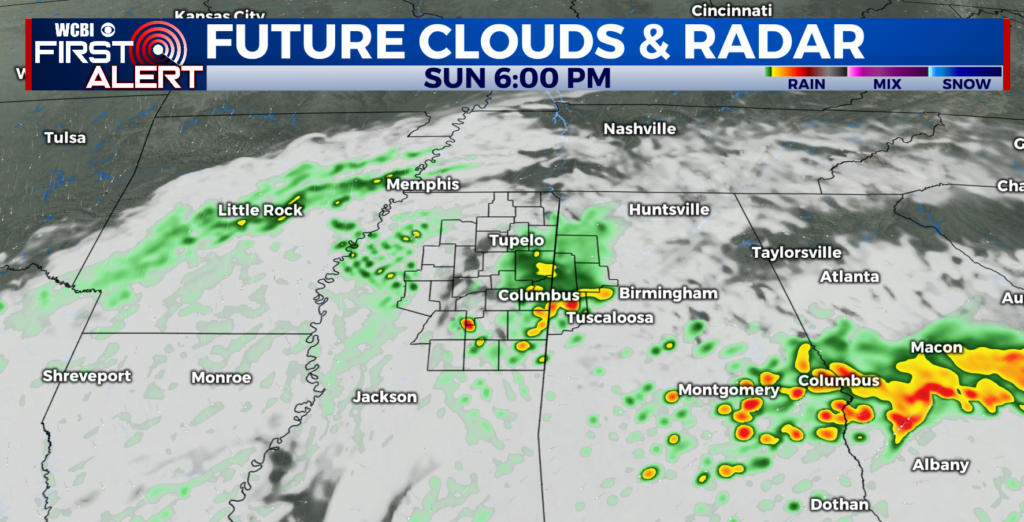Governors predicting big cuts in bid to balance their budgets
States are facing a severe cash crunch as a result of the economic impact of the coronavirus, which has brought commerce to a standstill. Governors are contemplating unwelcome budget cuts as they wait to see if and when the federal government will provide any relief as their budgets come due in a couple of months.
In New York, Governor Andrew Cuomo predicted a 20% budget cut for the state’s schools, hospitals and local governments. And in Missouri, Governor Mike Parson paused about $227 million in state funding, including a freeze of $61 million that was slated for higher education. In Washington, Governor Jay Inslee has trimmed his spending budget by $235 million.
“These are not easy decisions, and they are not made lightly, but this is the right thing to do to ensure our budget is balanced, and we are financially prepared to deal with the impacts of COVID-19 moving forward,” Parson, a Republican, said.
The immediate cost facing states is twofold: healthcare and unemployment, according to a study by the nonpartisan Center of Budget and Policy Priorities. Because of the pandemic, states have had to ramp up spending on public hospitals, testing and tracing capabilities at the same time they have to pay out record levels of unemployment benefits.
Already low rainy-day funds in some states like Louisiana are expected to be depleted soon, and other states, like Minnesota, have been forced to transfer millions from their general funds to their public health emergencies fund.
Most of the ambitions that governors had to fulfill the promises of their campaigns have been sidelined for now, as they try to mitigate the impact of their deficits. California Governor Gavin Newsom released a budget in January that aimed to increase school funding, provide health insurance for undocumented immigrants over 65 years old and fix the state’s homelessness crisis. In early April, Newsom deemed that budget “no longer operable.”
“The world has radically changed since the January budget was proposed, so everything is on the table,” he said.
The CBPP said the collective deficits of states could reach as high as $360 billion, even with the federal assistance provided by the CARES Act and not including any of the medical costs related to fighting COVID-19. While the CARES Act is slated to provide $110 billion in funds to states, it is specifically intended to help offset the coronavirus response efforts, and not to fill any holes in their budgets.
“The White House’s refusal to provide more relief to states…will almost certainly lead many states to cut education and other critical services, including even health care, and to lay off teachers and other workers as states struggle to balance their budgets,” the CBPP said in a statement.
President Trump has been dismissive of some governors’ requests for aid, even as he proclaims to have a good relationship with governors like Cuomo and Newsom. He has also claimed, without evidence, that some states have inflated their need for ventilators and other medical supplies.
“Governor Cuomo should spend more time “doing” and less time “complaining”. Get out there and get the job done. Stop talking!” Mr. Trump said in a tweet last week, after Cuomo argued that the federal government had not done enough to aid New York.
Cuomo and Mr. Trump met at the White House on Tuesday. Cuomo told MSNBC after the meeting that he had spoken to the president about states’ needs for additional funding. Cuomo said that “everything’s being left to the states to do the reopening, reopening, reopening, and then they don’t provide any funding to the state government.”
“The president seemed very open and understanding of that and said the next piece of legislation that passes, he’s going to be open to that,” Cuomo said.
The House and Senate passed interim coronavirus relief legislation this week, which does not provide new funding for state and local governments, but does allow states to use previously allocated funds to offset lost revenues related to the coronavirus.
Senate Minority Leader Chuck Schumer expressed frustration on Tuesday that the latest bill did not include assistance for state and local governments, but said that he hoped to address this issue in the next coronavirus response package.
Schumer said that he and House Speaker Nancy Pelosi would begin working on the next phase of legislation immediately after the House passes the interim package, but Senate Majority Leader Mitch McConnell threw cold water on that idea on Wednesday.
“I said yesterday we’re going to push the pause button here, because I think this whole business of additional assistance for state and local governments needs to be thoroughly evaluated,” McConnell said. “There’s not going to be any desire on the Republican side to bail out state pensions by borrowing money from future generations.”
But governors from both parties argue that their needs are dire. On Thursday, South Dakota Governor Kristi Noem, a Republican, said 80% of her budget is dedicated to healthcare and education, and while her state has always been a “really thrifty state” it will still be seeing a substantial tax revenue loss.
“All I really want to do is make sure that I don’t have to slash teacher funding, to make sure that I don’t have to slash highway maintenance,” she said. “I don’t want to have to cut funding for nursing homes. But that is situation that they are putting me in. Now that is not conservative.”
Unlike the federal government, 49 states have a deadline to balance their budget, according to the National Conference of State Legislatures.
“I will remind everyone that we’re not the federal government. We can’t print money and we have to balance the budget every year, and so our deadline for balancing the budget is June 30, even though many of the payments are going to be extended for individuals until July 15,” Arkansas Governor Asa Hutchinson, a Republican, said in March.
That deadline is slated for at least the end of May in Illinois, where the state passed a budget in 2019 after going two years without one. Like Newsom, Democratic Governor J.B. Pritzker said “everything is on the table for consideration” when it comes to altering the state budget.
The Illinois Governor’s Office of Management and Budget predicts a $2.7 billion hole in this year’s budget, and a $4.6 billion hole in next year’s budget, all due to the lost tax revenue caused by the pandemic and the state’s stay-at-home order. Before the pandemic, Pritzker was already pushing for a progressive income tax on those who make more than $250,000, which he says is needed “now more than ever.”
“We’re in a pandemic, we’re in an emergency, this crisis is causing a significant disruption to our fiscal year coming up. But we have many years ahead and I think a fairer tax makes sense to me,” Pritzker said last week.
While Illinois House Republican Leader Jim Durkin said the projected deficit in the report could be skewed towards supporting and passing the tax amendment in November, “there’s no doubt that we will be looking at a deficit in the next fiscal year.”
“We should not be looking at the budget in a way in which we need to increase on top of what we are currently providing to Illinoisans,” he told CBS News. “If there ever was a time where the state of Illinois and the legislators have to exercise austerity and responsibility with the tax payer’s dollars, it is now. Never been a more important time in my legislative career.”
In Tupelo, Mississippi, Democratic Mayor Jason Shelton had to cut $2.5 million from the city’s operational budget, with more cuts to follow.
“People get caught up in what’s happening in Washington, and their state capitols, but your city government is literally where the rubber meets road,” Shelton told CBS News. “When cities lose their operating budget, that means their garbage doesn’t get picked up; that means potholes don’t get fixed; that means the grass in your city doesn’t get cut; the litter doesn’t get pick up. The things that impact you on a day-to-day basis don’t get done.”
He warned, “All of those things that get you through your day are primarily controlled by your local government, and that’s what’s going to be cut.”





Leave a Reply